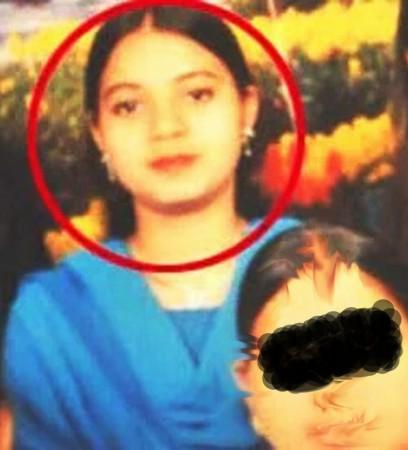
The Supreme Court dismissed Friday a plea that sought to squash a criminal case against policemen involved in the Ishrat Jahan "fake" encounter case, based on the statement of David Headley, a Pakistani-American involved in the 26/11 Mumbai attacks. He had deposed before a Mumbai court saying Jahan was a suicide bomber working for the Lashkar-e-Taiba.
The apex court had agreed Tuesday to hear a plea regarding squashing of a criminal case against police officers, including then Gujarat Deputy Inspector General (DIG) of Police D G Vanzara, in the 2004 encounter case in the state. The petition, filed by advocate Manohar Lal Sharma, said it was proved through "judicial facts and evidence" presented by David Headley in a video conference that the four people killed in the 2004 encounter were terrorists, the Hindu reported.
"Any person facing trial in an encounter case can seek redressal at the appropriate forum," the ANI quoted the Supreme Court as saying. The apex court was replying to Additional Solicitor General Tushar Mehta seeking a clarification about the court's ruling.
According to the Hindu, the petition by Sharma also asked the Supreme Court to start "suo motu perjury/contempt of court proceeding against the then (Union) home minister and CBI director for concealing facts before the Supreme Court and Gujarat High Court for filing a false affidavit on the facts about Ishrat Jahan." It also said Article 21 of the Constitution does not extend to "terrorists".
The 2004 encounter made headlines recently and the chapter was reopened as political parties debated the legitimacy of the encounter based on Jahan's status as a civilian or terrorist. Former home secretary GK Pillai said an affidavit submitted in the Gujarat High Court in 2009 about the four killed was altered, to which then home minister P Chidambaram said it was corrected.
The operation against the quartet was also debated in Parliament recently, with the Centre saying it would review all files regarding the encounter.









